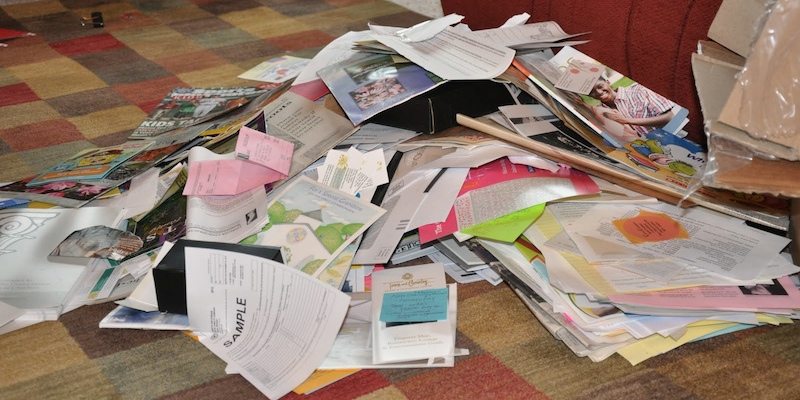
The Blueprint for a Better Life: How Home Organization Transforms Your Health, Wealth, and Happiness
In the constant hum of modern life, our homes are meant to be sanctuaries—a refuge from the chaos of the outside world. Yet, for many, the chaos has seeped inside. Piles of mail on the counter, closets overflowing with clothes we never wear, and a general sense of disarray can create a low-grade, persistent stress that permeates our daily existence. We often dismiss this as a mere inconvenience, a simple matter of untidiness. However, the state of our living space is deeply intertwined with our overall well-being. Home organization is not just about aesthetics or achieving a minimalist look for social media; it is a foundational practice for improving mental clarity, boosting productivity, and fostering a more peaceful, intentional life. It’s a powerful tool that can positively influence everything from Sleep Health and Family Life to Personal Finance and Stress Management. This article explores the profound, often overlooked connection between an orderly home and a well-ordered life, providing a comprehensive blueprint for transforming your space and, in turn, yourself.
The Psychology of Space: Why an Organized Home is a Healthier Home
The link between our external environment and our internal state is well-documented. A cluttered, disorganized home doesn’t just look messy; it can make us feel anxious, overwhelmed, and mentally fatigued. Understanding the psychological impact of our surroundings is the first step toward appreciating why Home Organization is a critical component of a holistic approach to Health & Wellness.
Reducing Cognitive Load and Stress Management
Every object in our field of vision competes for our attention. A cluttered environment bombards our brains with excessive stimuli, forcing our minds to work overtime to filter out unnecessary information. Research from the Princeton University Neuroscience Institute found that physical clutter in your surroundings competes for your attention, resulting in decreased performance and increased stress. This constant battle for focus drains our cognitive resources, making it harder to concentrate on important tasks and leading to feelings of frustration. By decluttering and creating a visually calm space, you reduce this cognitive load. This act of simplifying your environment is a powerful form of Stress Management and a direct contribution to better Mental Health. An organized home fosters a sense of control and tranquility, creating a space where Mindfulness can flourish.
Improving Sleep Health and Daily Routines
A chaotic home can significantly disrupt the routines that are essential for our well-being, particularly our sleep. The bedroom, which should be a haven for rest and rejuvenation, often becomes a repository for clutter—piles of laundry, stacks of books, and misplaced items. This visual chaos can create underlying anxiety, making it difficult to wind down and achieve deep, restorative sleep. Establishing a tidy, organized bedroom sends a powerful signal to your brain that it’s time to rest, directly improving your Sleep Health. Furthermore, an organized home supports consistent morning and evening routines. When you know exactly where to find your keys, your workout clothes, or the ingredients for a healthy breakfast, your day starts with calm efficiency instead of frantic searching. For families, this structure is invaluable, providing children with the predictability and stability they need to thrive, making it one of the most effective Parenting Tips for a harmonious household.
Fostering Better Relationships and Community Living
The state of our home can also impact our social connections. Persistent clutter can be a significant source of conflict in Relationships, leading to arguments over shared responsibilities and differing standards of cleanliness. Conversely, working together on DIY Projects to organize the home can be a bonding experience. A tidy and welcoming home also encourages hospitality. When you’re not embarrassed by mess, you’re more likely to invite friends and family over, strengthening social bonds and fostering a sense of Community Living. An organized space is a functional space, ready to be used for making memories, not just for storing things.
Blueprints for Order: Popular Decluttering and Organization Methodologies
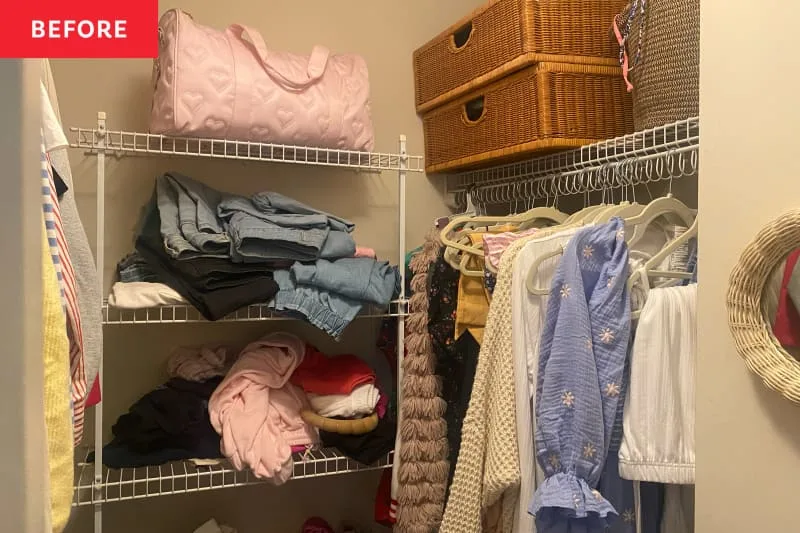
Embarking on a journey of Home Organization can feel daunting, but numerous established methodologies can provide a clear path forward. These systems offer different philosophies and approaches, allowing you to choose one that aligns with your personality and lifestyle. The goal isn’t just to tidy up but to implement a sustainable system that keeps clutter at bay for good.
The KonMari Method: Sparking Joy
Marie Kondo’s KonMari method revolutionized the world of decluttering by introducing an emotional and mindful component. The core principle is simple yet profound: touch every single item you own and ask yourself, “Does this spark joy?” If it doesn’t, you thank the item for its service and let it go. This method encourages decluttering by category (e.g., all clothes, then all books) rather than by location. This approach transforms decluttering from a chore into an act of Personal Development and self-discovery, helping you understand what you truly value. It aligns closely with the principles of Minimalism, focusing on curating a life filled only with things that bring you happiness.
The FlyLady Method: Baby Steps to a Clean Home
For those who feel paralyzed by the sheer scale of the task, the FlyLady method offers a gentle, routine-based approach. Created by Marla Cilley, this system is built on the idea that you can’t organize clutter and that consistency is key. It breaks the home into “zones,” with one zone being the focus for 15 minutes of deep cleaning or decluttering each day. This “baby steps” philosophy prevents burnout and makes maintenance manageable. It emphasizes establishing daily and weekly routines, incorporating consistent Cleaning Tips into your schedule. This method is one of the most effective Productivity Tips for home management, turning overwhelming tasks into small, achievable actions.
The Minimalist Approach: Less is More
While often associated with a stark aesthetic, Minimalism is fundamentally a lifestyle choice about intentionality. It’s about consciously choosing to live with only the things you need and love. This approach forces a critical evaluation of consumer habits, directly impacting your Personal Finance by reducing impulse buys and unnecessary spending. Adopting a minimalist mindset is a powerful step toward Sustainable Living, as it naturally leads to less consumption and waste. It’s a philosophy that champions experiences over possessions and aligns perfectly with Eco-Friendly Living and Zero Waste goals.
The Ripple Effect: How Organization Permeates Every Aspect of Life
The benefits of a well-organized home extend far beyond a clean countertop. This foundational change creates a positive ripple effect, improving your financial health, professional life, and commitment to sustainability. It is a cornerstone habit that supports growth in nearly every other area.
Financial Well-being and Budget Tips
A cluttered home is often an expensive one. When you can’t find what you own, you’re more likely to buy duplicates. How many times have you bought batteries, tape, or a specific spice, only to find you already had three? An organized inventory of your belongings prevents this waste. This clarity is especially impactful in the kitchen. Knowing exactly what’s in your pantry and fridge makes Meal Planning effortless, drastically reducing food waste and lowering grocery bills. You can focus on creating Healthy Recipes with ingredients you already have. This discipline of knowing what you have and what you need is a core tenet of effective Financial Planning and one of the most practical Budget Tips you can implement.
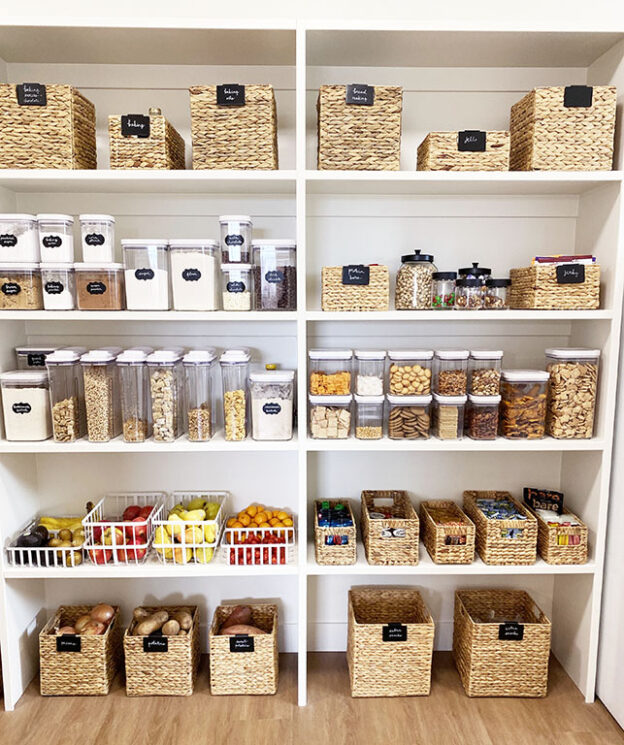
Productivity, Career Advice, and Work-Life Balance
In the age of Remote Work, the line between home and office has blurred. An organized, dedicated workspace is no longer a luxury but a necessity for focus and efficiency. When your environment is free from distractions, you can enter a state of deep work more easily. The time saved from not searching for documents, chargers, or supplies is time you can reinvest in your work or, more importantly, in your personal life. This is a crucial strategy for achieving a healthy Work-Life Balance. These organizational skills are a form of Self-Improvement that translates directly into professional success, making it sound Career Advice for anyone looking to boost their performance.
Sustainable Living and Eco-Friendly Practices
Intentional living and organization go hand-in-hand with sustainability. When you are mindful of every item you bring into your home, you naturally consume less. An organized closet, for example, allows you to see all your clothes, making you more likely to wear what you have instead of buying new things. This supports a move toward Sustainable Fashion. Furthermore, an organized home makes it easier to implement systems for Green Living. You can set up dedicated, easy-to-access bins for recycling, composting, and trash, making these Eco-Friendly Living habits second nature. This conscious management of resources is a practical step toward a Zero Waste lifestyle.
Getting Started: Practical Strategies and Common Pitfalls
Knowing the benefits is one thing; putting them into practice is another. The key is to start smart, build momentum, and avoid common traps that can derail your progress. A functional, organized home is a marathon, not a sprint.
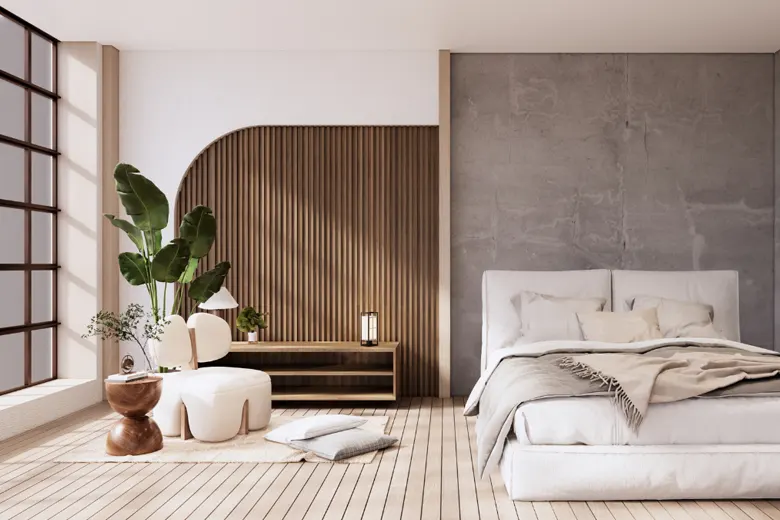
Best Practices for Success
First, start small. Don’t attempt to overhaul your entire house in a single weekend. This approach leads to burnout. Instead, pick one small, manageable area—a single drawer in the kitchen, one shelf in the bookcase, or the console of your car. The feeling of accomplishment will motivate you to tackle the next area. Second, implement the “one-in, one-out” rule to maintain equilibrium. For every new item you bring into your home, an old one must leave. Third, think vertically. Use wall-mounted shelves, hanging organizers, and stacking bins to maximize your storage potential—a classic Interior Design trick. This is an area where DIY Projects can shine, allowing you to create custom storage solutions that fit your exact needs. Finally, consider using Technology for Home, such as a label maker or inventory apps, to keep track of what’s stored in opaque boxes.
Common Pitfalls to Avoid
The most common mistake is buying storage solutions before you’ve finished decluttering. You cannot organize clutter. First, purge what you don’t need, then assess your storage needs. Buying containers beforehand often results in simply hiding the mess in prettier boxes. Another pitfall is perfectionism. Your goal should be a functional, comfortable space that works for your life, not a sterile, magazine-perfect showroom. Chasing an unrealistic ideal can lead to frustration and abandonment of the project. This is a critical Mental Health consideration. Lastly, many people forget that organization requires maintenance. It’s not a one-time fix but an ongoing process. Build small tidying habits into your daily routine—like a 10-minute “reset” before bed—to keep chaos from creeping back in.
Conclusion: Building a Foundation for a Better Life
Home Organization is far more than a simple chore; it is a profound act of self-care and a strategic investment in your well-being. By taking control of your physical environment, you create the mental and emotional space necessary for growth, peace, and happiness. The benefits are not confined to the four walls of your home; they ripple outward, enhancing your health, strengthening your relationships, improving your finances, and boosting your productivity. The journey from chaos to calm begins with a single, intentional choice to create order. Whether you start with one drawer or one closet, you are laying the foundation for a more streamlined, joyful, and intentional life. An organized home is not the end goal—it is the stable, supportive platform from which you can build the life you truly want to live.
Archives
- February 2026
- January 2026
- December 2025
- November 2025
- October 2025
- September 2025
- August 2025
- July 2025
- June 2025
- May 2025
- April 2025
- March 2025
- February 2025
- January 2024
- October 2023
- September 2023
- August 2023
- July 2023
- June 2023
- May 2023
- April 2023
- March 2023
- February 2023
- January 2023
- December 2022
- November 2022
- October 2022
- September 2022
- August 2022
- June 2022
- May 2022
- April 2022
- March 2022
- January 2022
- December 2021
- November 2021
- October 2021
- August 2021
- November 2020
- July 2020
- May 2020
- April 2020
- March 2020
- August 2018
- July 2018
- June 2018
- April 2018
- March 2018
Categories
- Aftercare Procedures
- Age Groups
- AI/ML
- Alternative Medicine
- Ambient Computing
- Animal Health
- Animal Husbandry
- Animals
- Anti-Aging
- Architectural Design
- Art And Technology
- Auditory Science
- Augmented Reality
- Automation
- Babies
- Baby
- Beauty & Skincare
- Beauty Industry
- Biohacking
- Biomechanics
- Book Reviews
- Breastfeeding
- Budgeting
- Budgeting Strategies
- Business
- Cardiovascular Health
- Career Advice
- Career Development
- Career Growth
- Cats
- Chess
- Chronobeauty
- Circular Economy
- Civic Technology
- Cleaning Tips
- Cloud Computing
- Cognitive Health
- Cognitive Performance
- Cognitive Science
- Community
- Community Building
- Community Engagement
- Community Living
- Computer Vision
- Consumer Guides
- Consumer Trends
- Container Gardening
- Content Analysis
- Content Non-Technical
- Content Strategy
- Cooking Techniques
- Cosmetic Chemistry
- Cultural Events
- Cycling
- Data Analysis
- Data Engineering
- Data Science
- Database
- Design Psychology
- Design Trends
- Developer Productivity
- Diet
- Diet
- Diet And Nutrition
- Digital Identity
- Digital Media
- Digital Wellbeing
- DIY
- DIY Projects
- Dogs
- Engineering Culture
- Entertainment News
- Environmental Impact
- Environmental Science
- Equity Compensation
- Ethical AI
- Exercise
- Exercise Science
- Exercise Technique
- Exotic Pets
- Fall Gardening
- Family
- Family Health
- Family Life
- Fashion Business
- Fashion Industry
- Fashion News
- Fashion Tech
- Financial Analysis
- Financial Optimization
- Financial Planning
- Flooring Maintenance
- Food
- Food Psychology
- Food Safety
- Food Science
- Food Tech
- Functional Fitness
- Functional Training
- Future Of Work
- Garden Care
- Garden Maintenance
- Gardening Tips
- Geospatial Data
- Gig Economy
- Greece
- Greek
- Greek Food
- Green Technology
- Gymnastics
- Hardware Engineering
- Health
- Health And Wellness
- Health Informatics
- Health Science
- Health Tech
- Health Technology
- Healthcare
- Healthcare Management
- Healthy Eating
- Healthy Recipes
- Holistic Health
- Holistic Wellness
- Home & Living
- Home Decor
- Home Financing
- Home Health
- Home Improvement
- Home Maintenance
- Home Organization
- Home Styling
- Horticulture
- Household Chemistry
- Identity Management
- Indoor Gardening
- Industrial Design
- Industry Analysis
- Infant Nutrition
- Infrastructure Management
- Ingredient Deep Dive
- Integrative Health
- Integrative Medicine
- Interior Design
- Internet of Things
- Internet of Things (IoT)
- Invalid Request
- Investment Strategies
- Investment Strategy
- IoT
- Kids
- Leadership Development
- Learning Strategies
- Lifestyle
- Lifestyle Brands
- Lifestyle News
- Lifestyle Optimization
- Literary Criticism
- Literature
- Logistics Management
- Material Science
- Materials Science
- Meal Planning
- Media Analysis
- Meditation
- Mental Health
- Mental Performance
- Mental Wellness
- Miami
- Miami Food
- Mind And Body
- Minimalism
- Mobile Development
- Neuroscience
- No Applicable Categories
- Nursing
- Nutrition
- Nutrition News
- Open Source
- Operating Systems
- Operational Resilience
- Opinion
- Organization Tips
- Outdoor Living
- Over 40
- Over 50
- Over 60
- Parenting
- Parenting
- Parenting Strategies
- Performance
- Performance Optimization
- Personal Development
- Personal Finance
- Personal Growth
- Personal Productivity
- Pet Care
- Pet Safety
- Philosophy
- Plant Care
- Politics
- Product Formulation
- Productivity
- Productivity Engineering
- Protein
- Psychology
- Psychology of Space
- Quantified Self
- Reading Culture
- Real Estate Investment
- Recipes
- Regulatory Compliance
- Remote Work
- Renovation Planning
- Resource Management
- Respiratory Health
- Responsible Pet Ownership
- Retail Strategy
- Retail Technology
- Robotics
- Science
- Seafood
- Seasonal Gardening
- Security
- Sedentary Health
- Self-Care
- Skincare Science
- Skincare Trends
- Sleep
- Sleep Health
- Smart Home
- Smoothies
- Social Impact
- Soft Skills
- Soil Health
- Spatial Computing
- Spatial Design
- Stress Management
- Supplements
- Sustainability
- Sustainability Science
- Sustainable Engineering
- Sustainable Fashion
- Systems Engineering
- Tax Optimization
- Tax Strategy
- Tech Investment
- Technical Writing
- Testing
- Travel
- Travel News
- Travel Safety
- Travel Tips
- Trend Analysis
- Tropical Plants
- Uncategorized
- Urban Gardening
- Urban Planning
- User Experience
- Veggie
- Vietnam
- Virtual Events
- Volunteering
- Wealth Management
- Wearable Technology
- Wellness
- Wellness Technology
- Winter Gardening
- Work-Life Balance
- Workplace Culture
- Workspace Setup
- World
- Writing
- Writing Skills
- Year In Review
- Yoga
- Yoga News
- Zero Waste

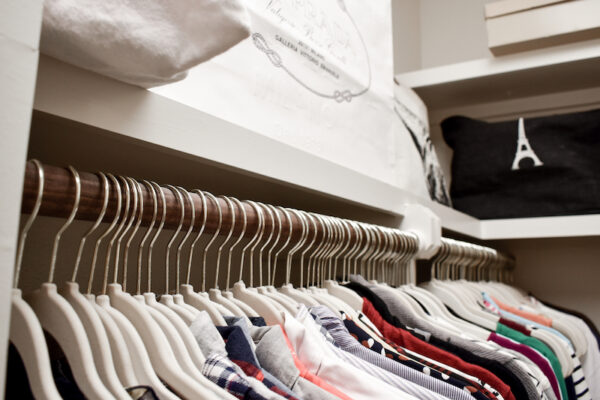
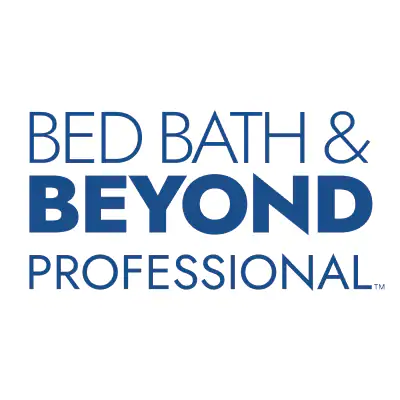
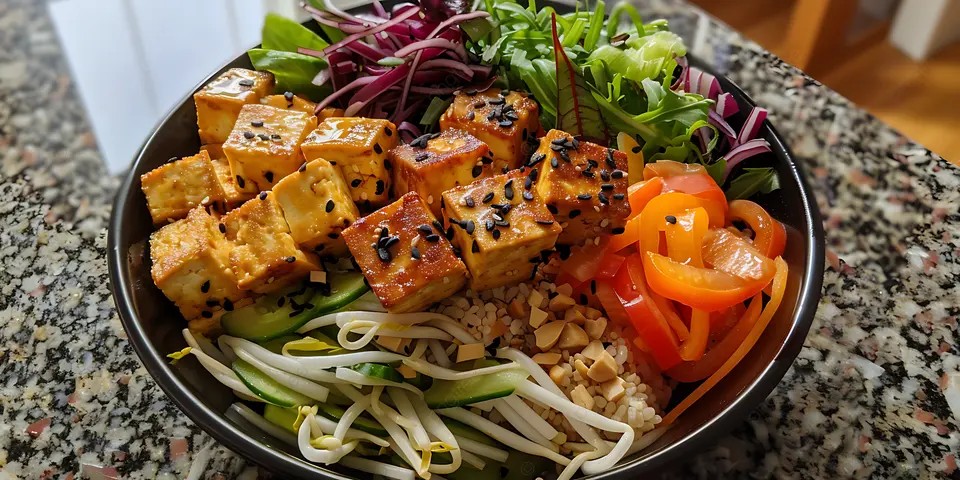
Leave a Reply